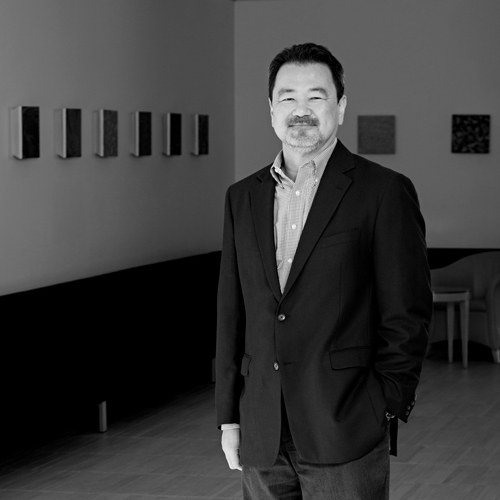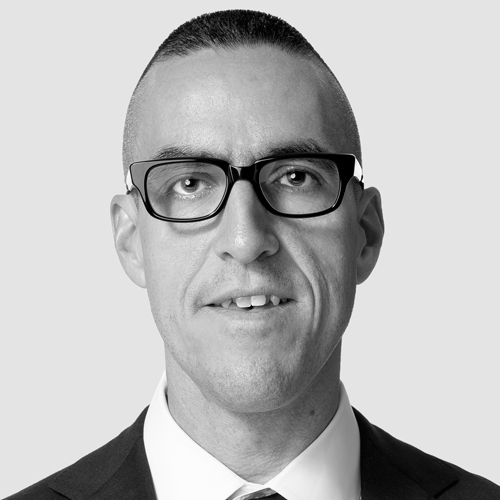When Gary Francesconi joined the ranks of biotechnology company Genentech, he saw an opportunity to restructure the legal team. The goal: lawyers would be able to more effectively contribute to business decisions and, simultaneously, enhance their career development.
Pharmaceutical companies typically organize their lawyers in a standard way; attorneys focus on one stage of a product life cycle (clinical trials, manufacturing, or commercialization). Genentech was no different. But this can lead to isolated legal teams and erratic work flow beholden to the unpredictable pace of drug development.
Francesconi knew he couldn’t change the nature of an industry, but he and his colleagues at Genentech found a way to reorganize their group to complement it. Instead of taking the standard approach to resource allocation, Genentech’s health care law group developed a mission and structure that enhance professional development and maximize productivity.
“We want them to be as effective as possible over their entire careers, and this new structure enables that”
Francesconi has been with Genentech for eight years and serves as associate general counsel. In that time, the health care law group realized that it needed to flex legal resources alongside the peaks and valleys of the product life cycle. Drug development has strict phases, such as confirming the effects of a drug or determining dosing instructions. Others relate to commercialization, marketing, promotion, competition, and access. Instead of assigning one lawyer or group to each specific phase, Genentech encourages attorneys to “own” the entire life cycle of a product.
The process is driving business results. Lawyers engaged in the entire life cycle of a product, Francesconi points out, are more capable of providing oversight and advice. When they are more informed, they improve decision-making and contribute to the business’s strategic path in a way that has the best long-term results for the products they bring to market and patients. And the team’s increased flexibility has a direct impact on its ability to support a growing and diverse pipeline of products.
An institutional benefit of the nontraditional assignment is the wealth of experience and knowledge the attorneys develop by remaining engaged with the progression of the drug. Some lawyers in the group develop a particular expertise and preference for one segment of the product life cycle, but all are encouraged to gain broad expertise.
By allowing, enabling, and encouraging lawyers to work across all phases, Francesconi and the health care law group’s leadership strive to produce a more well-rounded team. “We want them to be as effective as possible over their entire careers, and this new structure enables that,” Francesconi says.
The program is an effective attraction and retention tool aiding efforts to find the best new talent for their group, as well. “Lawyers get more opportunity here than they would elsewhere to develop both depth and breadth in substantive knowledge and across a variety of clients, and I mention this every time I talk to a prospective candidate,” says Francesconi.
As individual lawyers within the group develop these skills, Francesconi and his fellow managers coach them to have increased levels of professional independence, trusting each lawyer to know his or her client and be deeply involved in business decisions.
The leadership team steps back periodically to examine workloads, address development issues, identify how people need to grow, and determine which opportunities certain lawyers want to take advantage of. “I’ve seen lawyers grow dramatically in just a few years,” Francesconi says, and he’s looking forward to helping the program evolve into the future. “Our goal is to do everything we can to retain our top talent for as long as we can.”


